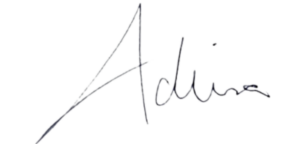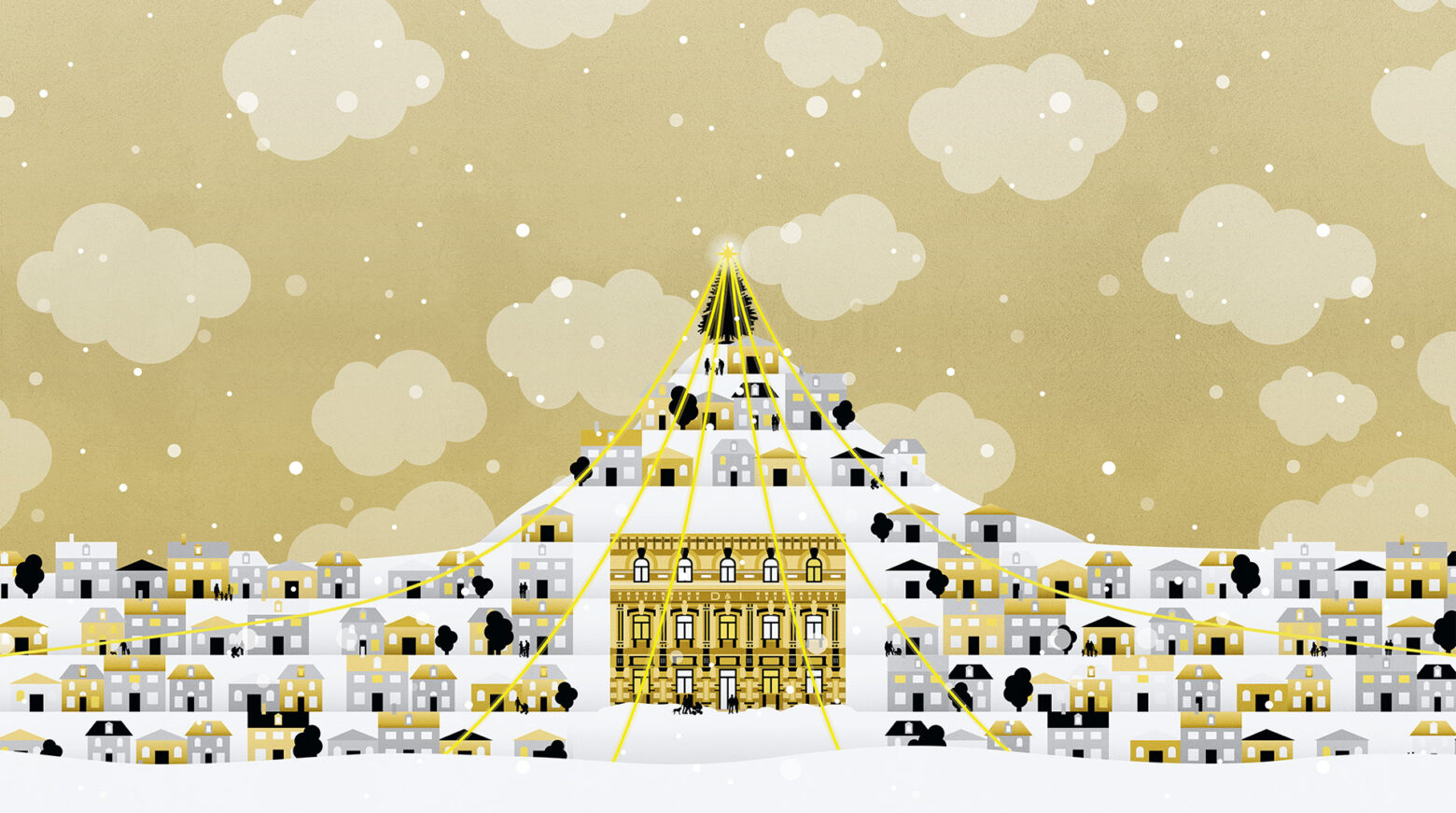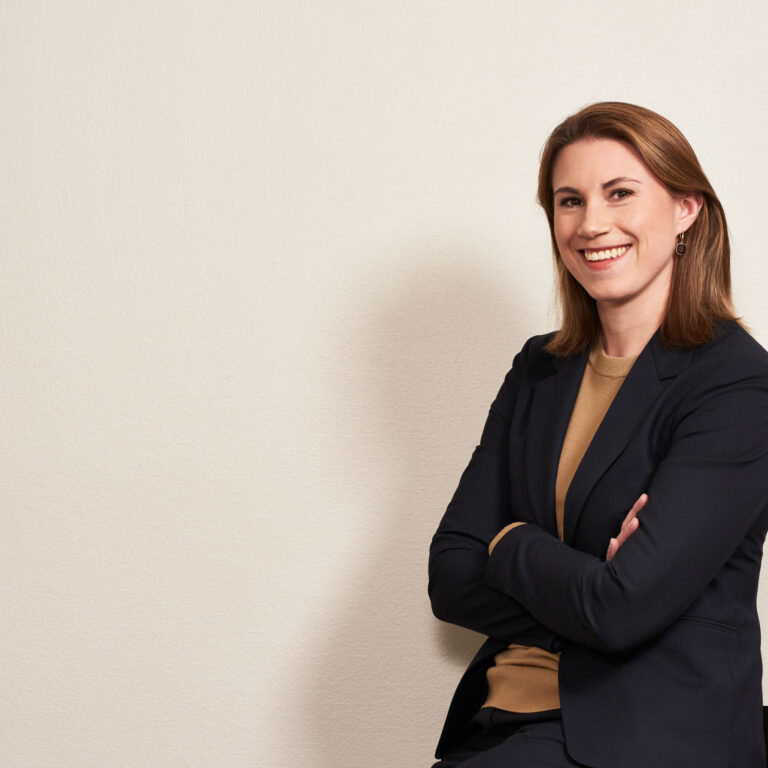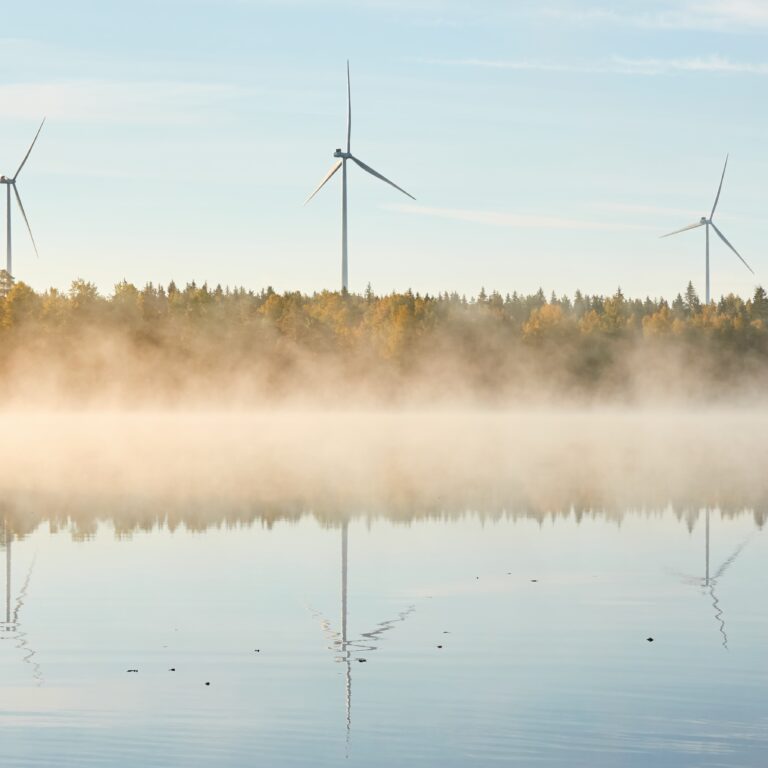This year we asked Adina Nivukoski, 24 year old law student working at UN Women Finland, OECD- youth advisor and UNESCO SDG4 network member to write our traditional Christmas letter.
![]()
This holiday season, a lot of us have had our minds on the crises happening around the world – in Ukraine, Gaza and Ethiopia to name a few. The world in 2023 seems smaller than ever, in a globalised world with all the crises coming closer to us.
The latest crisis on our hands, one that is not between nations yet common to all nations, is the worldwide education crisis. According to UNICEF, one in three 10 year olds in 2022 could not read a simple story. This is a direction that we need to change, together. We can’t afford not to, if we want to live in a more peaceful and equal world.
The first time that I truly understood the importance of education in our societies was in 2016 – when I was an exchange student in the US during the presidential election. We got a leader of the free world who changed the atmosphere not only in the US but globally.
I came to understand that when we look at the critical pillars of our societies, such as freedom of the press, rule of law, and democracy, we will very soon notice that the quality and accessibility of education goes hand in hand in keeping these pillars strong.
And not only the strength of those governmental pillars, education is essential also in achieving things such as gender equality, reducing socio-economic differences, and strengthening the implementation of human rights treaties in general – education is what ensures that these matters go forwards and not backwards.
We need to learn about the past to move into the future, instead of re-making the past mistakes of our societies.
Instead now, in 2023, we are going backwards. The rights of women, freedom of the press and protection of human rights on a larger scale are going backwards. Not only somewhere far away, but in Europe and Finland as well.
We often mistake people who don’t look like us for people who don’t feel like us, have needs, hopes and aspirations like us. The world is not just or safe for everyone. Where we were born or our socio-economic background should not determine whether we get to be educated or not, or even whether we get to live or not. Today, it unfortunately does.
Even in Finland, when our PISA results sank, it showed that the biggest factor in learning differences is students’ socio-economic background. The third such factor being the number of books in children’s homes.
It goes to show that education systems mirror our societies, and therefore all issues within learning cannot be fixed inside our education system, but in our society and its various challenges such as child poverty, which we need to tackle if we want education to truly be equal.
We need to build stronger societies, with prospects for young people to enable them to see that through education they can change not only their lives but the societies around them.
This must also include young people who have had to flee their home countries due to war.
Since 2016, so for almost 10 years, I have worked to ensure a just education system and equality in Finland and globally through UNESCO, OECD and UN Women, and I want to encourage all partner and friend organisations of Dittmar & Indrenius to support equal and quality education. I truly believe it is the first step toward ensuring a more peaceful, equal and just future.
And to remember, it is just as easy to do good as it is to do bad. We all just have to do our part.
 |
| Adina Nivukoski |
![]()
Season’s greetings from everyone at
Our year-end donation goes to our long-term pro-bono partner CMI, Martti Ahtisaari Peace Foundation that works to prevent and resolve conflict through informal dialogue and mediation. Nobel Peace Prize laureate and former President of Finland Martti Ahtisaari founded CMI in 2000.


